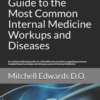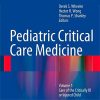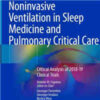Glycemic Control Role in Inflammation Markers and Clinical Outcomes in Type 2 Diabetes Patients with Severe COVID-19
mdpi.comThis study demonstrates that among hospitalized COVID-19 patients with type 2 diabetes mellitus, poor glycemic control (HbA1c ≥ 7%) correlates with increased systemic inflammation, greater disease severity, and worse clinical outcomes compared to patients with well-controlled diabetes (HbA1c < 7%). Specifically, higher levels of CRP, IL-6, NLR, and SII in the poorly controlled group reflect a more intense immune activation, which aligns with elevated severity scores such as APACHE II and NEWS. These factors, in turn, translate into higher ICU admission rates and a trend toward increased mortality. We retrospectively reviewed 181 adult patients with T2DM and severe COVID-19 admitted to a tertiary hospital between January 2022 and December 2023. Patients were divided into two groups: well-controlled (n = 117) and poorly controlled (n = 64) T2DM. Baseline demographics, comorbidities, and laboratory parameters (C-reactive protein, interleukin-6, ferritin, neutrophil and lymphocyte counts, platelets, and calculated indices such as the neutrophil-to-lymphocyte ratio [NLR] and systemic immune-inflammation index [SII]) were collected.

















